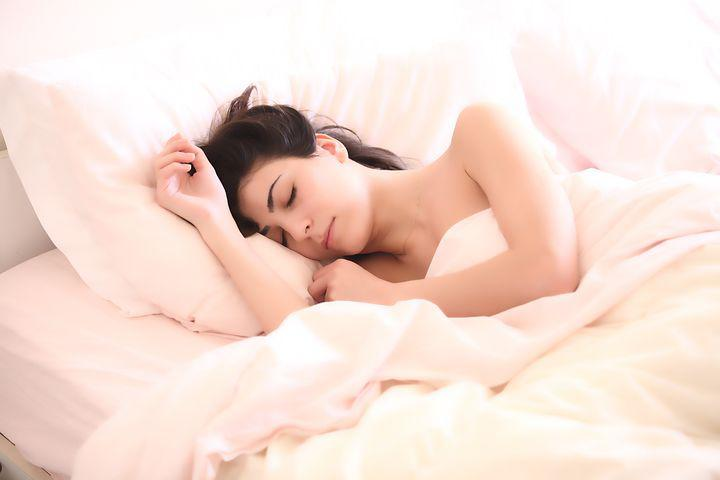Did you know that the color and lighting around your bedroom or sleeping environment can have a huge impact on your sleep health?
Many people these days are in a rush to get to the end of their day. In the evening, they are just eager to get into their beds and fall asleep quickly.
But if recent research studies are anything to go by, one thing holds true.You might have the wrong lighting color in your room if you have problems getting quality sleep!
On this note, which light color should you use in your bedroom for a good slumber every night?
Importance of A Good Night’s Sleep
Sleep is important for many reasons. It helps us to feel better. It helps us to wake up feeling refreshed and ready to take on the day. It can help us to avoid illnesses and illness-related problems like obesity, headaches, diabetes, and depression.
Sleep plays a huge role in how well we perform at work and at school. Being alert and awake during the day is important for a healthy lifestyle and mental state, and this is among the biggest reasons the Skyview wellness lamp was created.
The so-called NASA technology-based table lamp is said to help you customize your lighting experience to suit your sleep-wake cycle, the time of the day, your activities, and the space you need lighting most.
Why Proper Room Lighting Is Important For Sleep
The type of lighting in your bedroom also plays a role in your sleep quality. Just like exposure to natural light, it can have an impact on your feelings of wakefulness and sleepiness. The light can also affect your level of alertness.
Here are some research-backed reasons why your room lighting can be a big contributor to your sleep quality!
- Light color influences melatonin
- Light can affect your mood and how you feel
- Lighting color also influences brain activity
- Light can disrupt your sleep pattern and make it difficult to get to sleep
If you’re not getting good sleep, you’re most likely to feel stressed, depressed, and even fatigued, which can in turn cause many other health problems.
How Different Light Colors Affect Sleep
Red Light
Red light is among the best promoters of sleep. According to a piece on Science Made Fun, a new study involving hamsters revealed that when exposed to red light at night, people were less likely to experience stress and depression-like changes that occur in the brain when exposed to other light colors like white and blue light.
Yellow Light
Depending on who you ask, yellow light can also help to induce sleep, but not always! Moreover, the yellow color is associated with inducing happiness. After a good snooze, yellow lights in the bedroom can help make you wake up feeling refreshed because they mimic sunlight.
Nonetheless, it’s best to pick lighter shades of dull yellow light if you must use it in your bedroom.
Blue Light
Have you ever wondered why it is advised to stay away from electronics at least 30 minutes or an hour before bedtime? If your guess is as good as anyone’s, this is because too much exposure to blue light can impede your ability to fall (and stay) asleep.
Because blue light keeps your brain alert, nighttime exposure to it can interfere with your melatonin production, thus disrupting your circadian rhythm.
However, certain types of blue LED light can also help promote relaxation when you just need to chill and ZEN out without necessarily having to fall asleep. This can also help create a boho dorm room.
White Light
Having white light at night is better than having a room lit with blue light because this type of light is less likely to interfere with your circadian rhythm and melatonin production. However, it can also make it difficult for you to fall asleep at night since it contains blue light in the first place.
If it’s during the day, exposure to white light exposure may have some benefits, from reduced anxiety to improved mood, enhanced attention, and heightened focus.
In conclusion, lighter hues of red tend to be the best lighting colors for promoting sleep. However, blue, yellow, and white light also go a long way in supporting your sleep as long as exposure is limited to daytime.
All in all, we can’t be blind to one simple fact. If not incredibly dull lights, complete darkness is apparently the best for a healthy dose of snooze at night!

